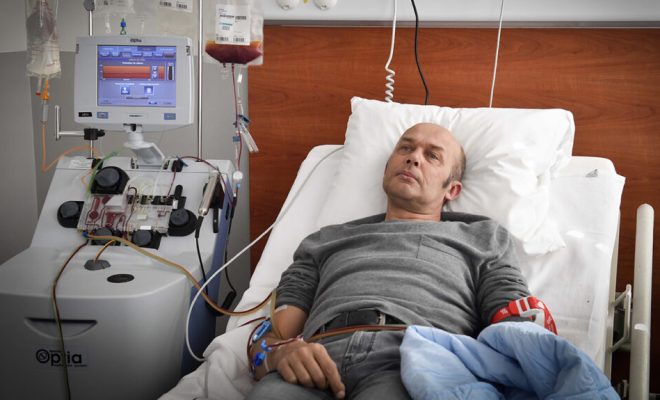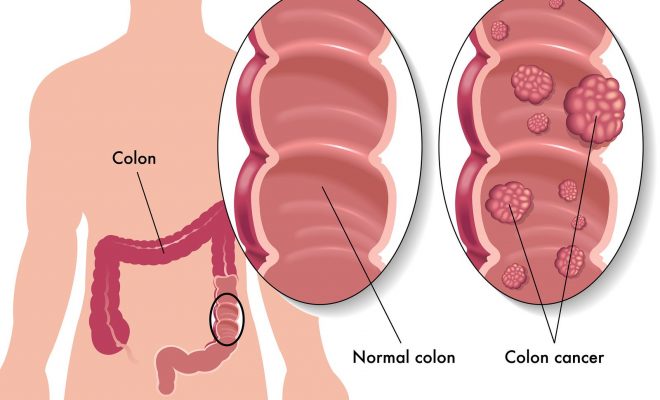Scientists Anticipate That Automation in Workflow Will Improve CAR-T Therapy

Researchers focused on treating patients with cancer are looking at new automated systems to improve their ability to develop CAR-T therapy solutions. In the world of cancer immunotherapy, scientists deploy chimeric antigen receptors or CAR-T cells, which they use to identify cancer cells in the body and then destroy them.
Of particular interest to researchers is the promise of CAR-T to prevent cancer cells from evading the body’s immune system.
About CAR-T Therapy
The incidence of hematological malignancies (or blood cancers) is prompting researchers to step up their experiments in cancer immunotherapy. Automating as much of this research as possible speeds up development and helps with accuracy and reproducing results faithfully in the lab.
Doctors begin by extracting whole blood cells from patients. If they take the blood from the patient receiving therapy, it’s an autologous procedure. If they take blood from another donor, it’s referred to as allogenic.
Then the scientists use a process called leukapheresis to fraction the blood, collecting the needed T cells. After extraction, they expand and transduce the T cells using material encoding CARs before introducing them (or reintroducing them as the case may be) to the patient.
With many steps along the way in this complex process, there is plenty of room for error, especially when the techniques are mostly done manually. That’s why automation of the essential work here is so valuable to scientists. Doing so saves time and cuts down on human error in research.
Keep in mind that the industry is still in development, with much more effort needed in areas such as research, manufacturing equipment, determining production timeframes, and dealing with the high costs of manufacturing such devices (especially on a smaller scale during the initial phases of development.). That’s to be expected since scientists cannot enjoy production prices at a scale until they have tested and improved prototypes.
Researchers from the Centre for Commercialization of Regenerative Medicine (Ontario, Canada) have been busy evaluating various CAR-T cell unit systems along with reagents and equipment for possible use in processing their experiments, per RegMedNet.
Recent work has had the researchers processing thawed apheresis units and isolating T-cells from samples. Then, they seeded isolated T cells in flasks that are activated with specific cell activators supplied by STEMCELL Technologies. The shake flasks reduced the time of hand manipulation of samples by half, making it more efficient than earlier approaches. After the T-cells are transduced in the equipment, they are expanded in a cell expansion system over an 8-day process.
RegMedNet explains that this process is much more efficient because of automation, paving the way toward faster development and evaluation of new CAR-T therapies.
Equipment in Cancer Immunotherapy Research Experiments
To take advantage of CAR-T therapy mechanisms, researchers need equipment with software that’s easy to operate in a lab setting. As noted by The Scientist, engineers and scientists have joined forces to develop the Gibco Cell Therapy System’s Rotea Counterflow Centrifugation System.
It’s compact and works with single-use kits for CAR-T cell production and cell therapy research. The system automates cell processing so it’s done much faster than when people do it manually. What’s more, it can work with volumes as small as 5 ml. With a tiny amount of material, scientists can collect samples with high concentrations reaching 300 million/ml.
The Future of Cancer Therapy Research and Development
As scientists continue with their experiments in cancer immunotherapy, systems that allow for automated work using CAR-T cells will surely find more use in laboratory settings. Automating CAR-T experiments means they can conduct more tests in less time, which is key toward developing promising new therapies.








